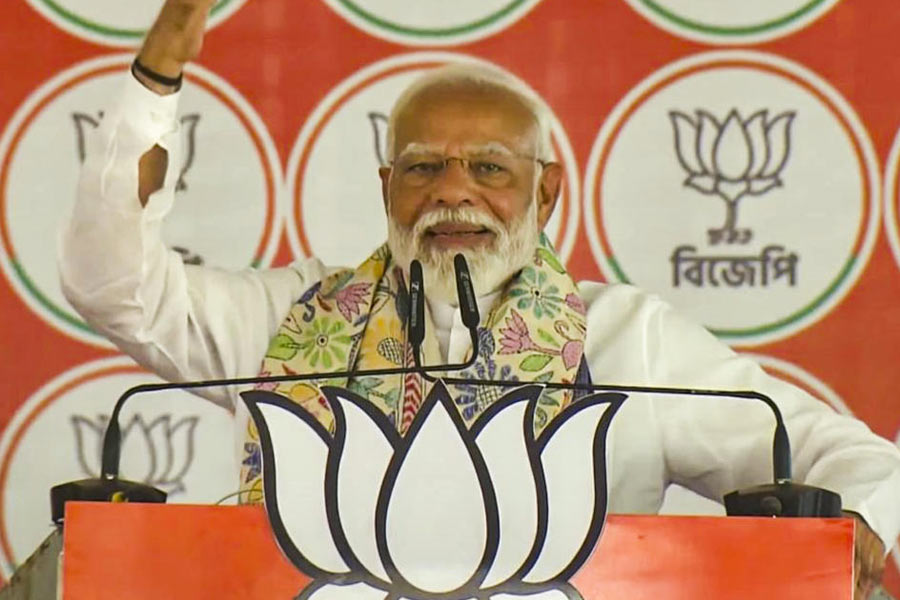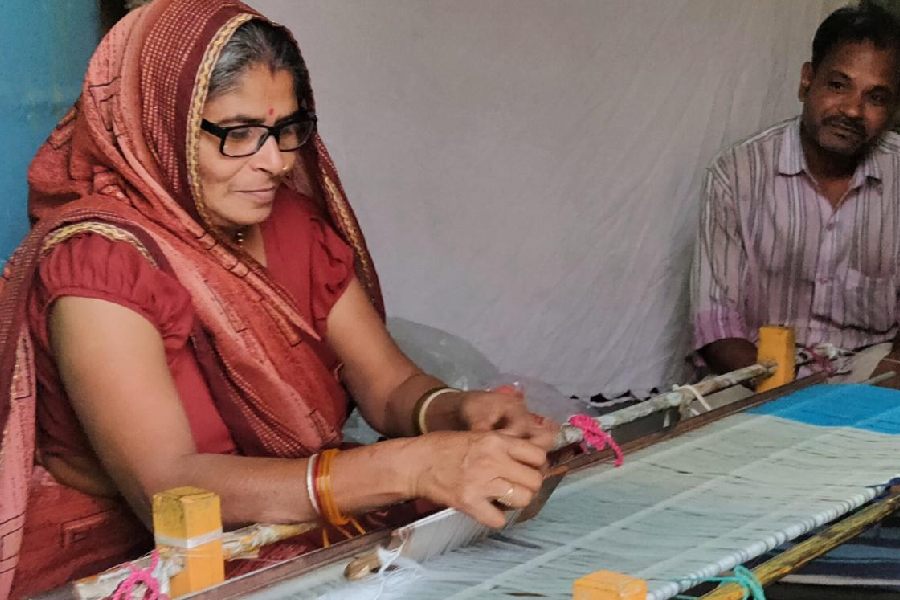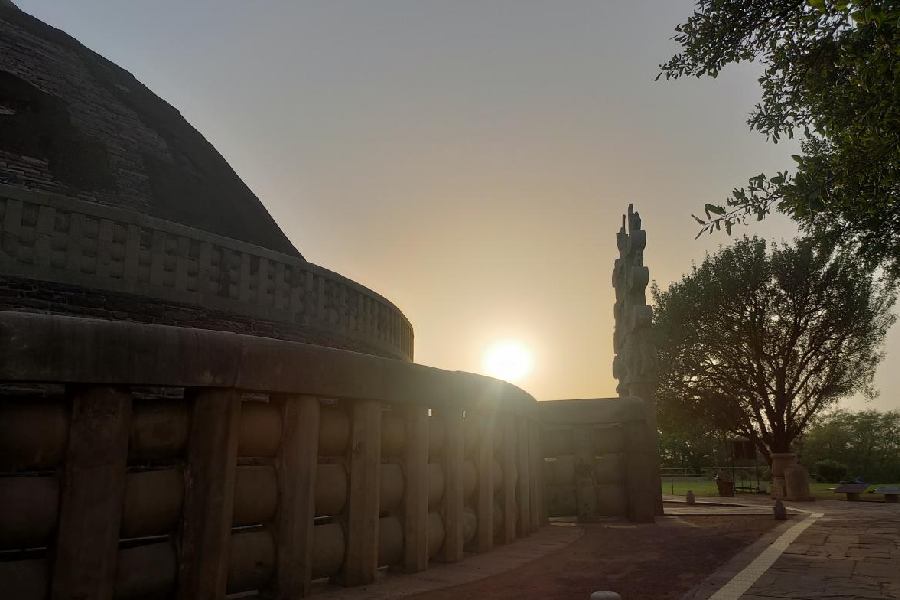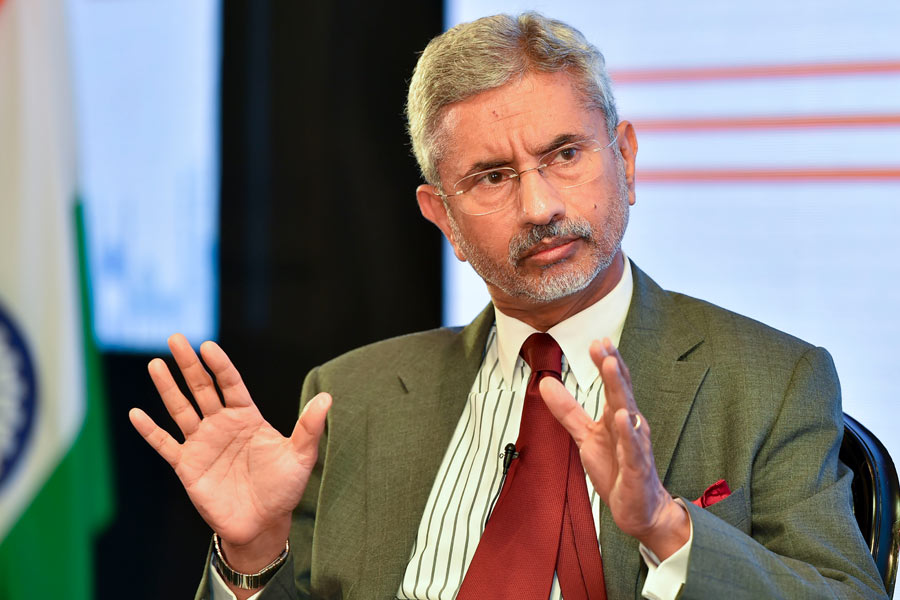Jharkhand agriculture and mines secretary, Aboobacker Siddiqui, has pitched for the protection of natural resources for future generations.
Addressing the closing function of a three-day national conference on “Landscape management for preventing flood and reservoir sedimentation” at Birsa Agricultural University (BAU) in Ranchi on Saturday, Siddiqui said protecting natural resources for future generations was everybody’s moral responsibility.
“It is the moral responsibility of everybody because our ancestors took care of nature and mother earth for us. Healthy soil, water and overall environment is important for the well-being of not only human beings but every living being who has the right to use and enjoy nature,” said the senior bureaucrat.
Jharkhand has been in the news for illegal mining, which had an adverse impact on the environment with several petitions being filed in the National Green Tribunal (NGT). Siddique said social, economic and environmental damage expected from the implementation of every project should be assessed in advance along with its benefits.
“We all should be aware of the United Nations-mandated 17-point Sustainable Development Goals (SDG) for freeing the country from poverty, hunger, malnutrition and preserving the natural resources and environment. India is ranked 121 among 163 countries of the world in achieving the set goals. Jharkhand is further lagging behind on this front,” Siddique said.
He said the state government had a lot of money for promoting organic farming, natural farming and innovative projects but lacked ideas.“Useful ideas, inputs, insight and innovative proposals can come from scientists and research institutions,” he said.
BAU vice-chancellor Onkar Nath Singh said scientists and policymakers should work in unison for the well-being of natural resources and its beneficial use for all living beings.
“Conservation, storage and recycling of the 1,400mm annual precipitation received in Jharkhand is a major issue before the conservationists and effective strategies need to be perfected for this purpose,” Singh said.
Since the major area of eastern India remains inundated for several months, the conference recommended Integrated Farming System models for flood-prone areas based on the assessment of region-specific aquatic production systems.
Experts cited NITI Aayog report, which said there were five million springs in India that could be gainfully used for aquatic production and recommended spring geo-tagging, spring shed delineation and micro watershed plan at landscape scale for spring rejuvenation
The scientists also recommended training and capacity-building initiatives for natural resource literacy, silt retention and management of resources in flood erosion as well as flood-prone areas. The event also stressed the need to strengthen mutual respect and bond between technologists and farmers by respecting the traditional knowledge and wisdom of farmers.
The conference recommended conducting more studies on the use of geotextile-based resources on high-sloping land, considering the development of new material by industry.
Over 300 scientists and officials from eastern states participated in the event.










